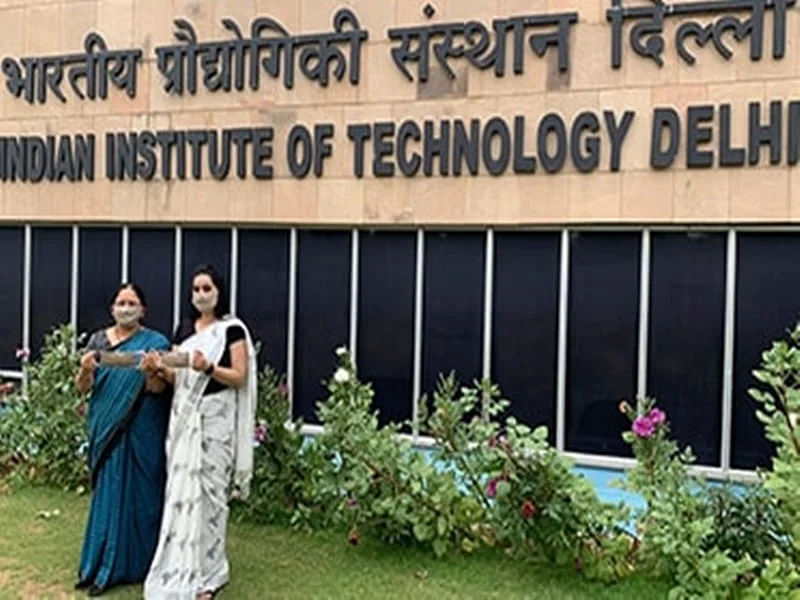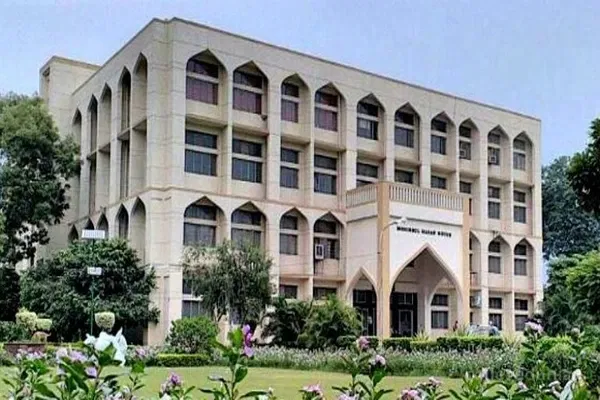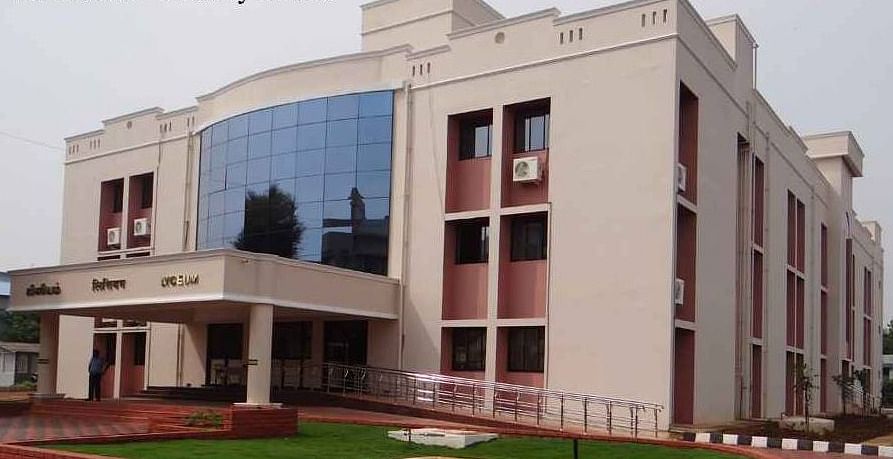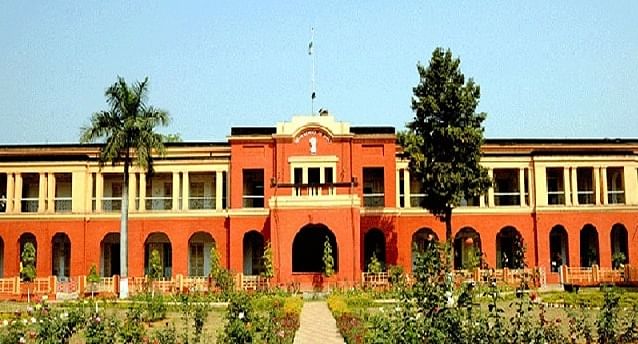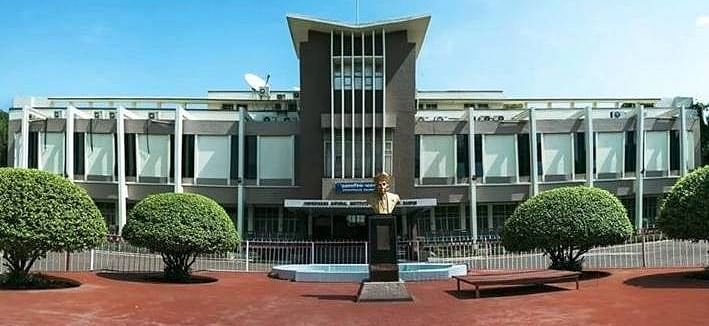M.Tech Power System Engineering Syllabus and Subjects

M.Tech Power System Engineering syllabus is curated for two years divided into four semesters. The syllabus is designed with the objective of introducing aspirants with processes of monitoring, developing, designing, and evaluating high-end power systems for managing a variety of challenging projects and research work. The postgraduate power system engineering course consists of both core and elective subjects that students can choose from. Some common M.Tech Power System Engineering subjects are Renewable and Distributed Energy Sources, Industrial Instrumentation, Smart Grid Technology, Advanced Digital Signal Processing, etc.
Semester Wise M.Tech Power System Engineering Syllabus
M.Tech Power System Engineering coursework includes economic, sustainable, efficient, and reliable energy generation. The syllabus focuses on concepts like conversion, transmission, distribution, storage, and utilization of electric energy. It introduces aspirants to a broad range of power system engineering concepts that are relevant for industrial work. The curriculum consists of core courses devoted to the basics of power systems. The elective courses are oriented towards imparting specialized knowledge and skills in the use of advanced design techniques. The semester wise M.Tech Power System Engineering syllabus is as given below:
|
Semester I |
Semester II |
|
Power System Operation & Control |
Advanced Mathematics |
|
Advanced Power System Analysis |
H.V.D.C. Transmission |
|
Advanced Power Electronics |
Power System Protection |
|
Digital Control Systems |
Microprocessors and their applications |
|
Power System Software Lab |
Industrial Automation Lab |
|
Semester III |
Semester IV |
|
Advanced Electrical Machines |
Non-Conventional Energy Sources |
|
Fast Transients in Power Systems |
Power System Communication |
|
Elective I |
Technical Seminar |
|
Dissertation: Phase I |
Dissertation: Phase II |
M.Tech Power System Engineering Subjects
The semester-wise M.Tech Power System Engineering subjects are designed to enhance the overall knowledge and give a deep understanding of the concepts to the students. The M.Tech Power System Engineering syllabus includes both theoretical classroom-based teaching and practical lab sessions for a better understanding of advanced application-related topics. The curriculum consists of both core and elective subjects to make the two-year-long program more flexible. M.Tech Power System Engineering subjects list is as follows:
- Power System Analysis and Operation
- Power System Dynamics & Control
- HVDC and Flexible AC Transmission Systems
- Electric Power Quality
- Power System Protection
M.Tech Power System Engineering Course Structure
M.Tech Power System Engineering course structure is designed to include both core and elective subjects. The course is composed of two years divided into four semesters. In the first year, students are introduced to core power system concepts. While in the second year, students are introduced to specific elective subjects of choice. In addition, laboratory practicals facilitate students to apply and implement concepts learned during theory sessions. Project submission by the end of the fourth semester is mandatory as per the curriculum. The course structure is as follows:
- IV Semesters
- Core Subjects
- Elective Subjects
- Practical Workshops
- Project/ Thesis Submission
- Research Review Paper
M.Tech Power System Engineering Teaching Methodology and Techniques
The M.Tech Power System Engineering curriculum comprises different teaching methods. Along with lectures and practical training, the students are trained in elective subjects of their choice. The teaching methodology is designed to offer industry-based learning to the students. Listed below are the teaching methodology and strategies in general:
- Group Projects
- Traditional Classroom-Based Teaching
- Practical Lab Sessions
- Talks from guest speakers
- Seminars
- Semester Abroad Opportunities
M.Tech Power System Engineering Projects
M.Tech Power System Engineering projects are given to students for interdisciplinary learning. Projects for M.Tech Power System Engineering assist students in getting hands-on experience and gain skills to manage work within cost and time-constrained environments. Projects are to be completed by the end of the fourth semester. Some popular M.Tech Power System Engineering projects are:
- A Novel Design of Hybrid Energy Storage System for Electric Vehicles
- Control of a Three-Phase Hybrid Converter for a PV Charging Station
- Electric Spring for Voltage and Power Stability and Power Factor Correction
- Modeling and simulation for smart grid integration of solar/wind energy
- A Seven Level Inverter using a Solar Power Generation System
M.Tech Power System Engineering Reference Books
M.Tech Power System Engineering books are available both online and offline in many authors and publications. Reference books are meant for a better understanding of concepts and are also available online in pdf format. Students should put money in reference books after proper research. Some of the best reference books for M.Tech Power System Engineering are:
|
Name of the Books |
Authors |
|
HVDC transmission systems |
Padiyar K. R. |
|
Switchgear Protection & Power Systems |
Sunil S. Rao. |
|
Handbook of Power Quality |
Angelo Baggini |
|
Artificial intelligence and Intelligent systems |
N. P. Padhy |
